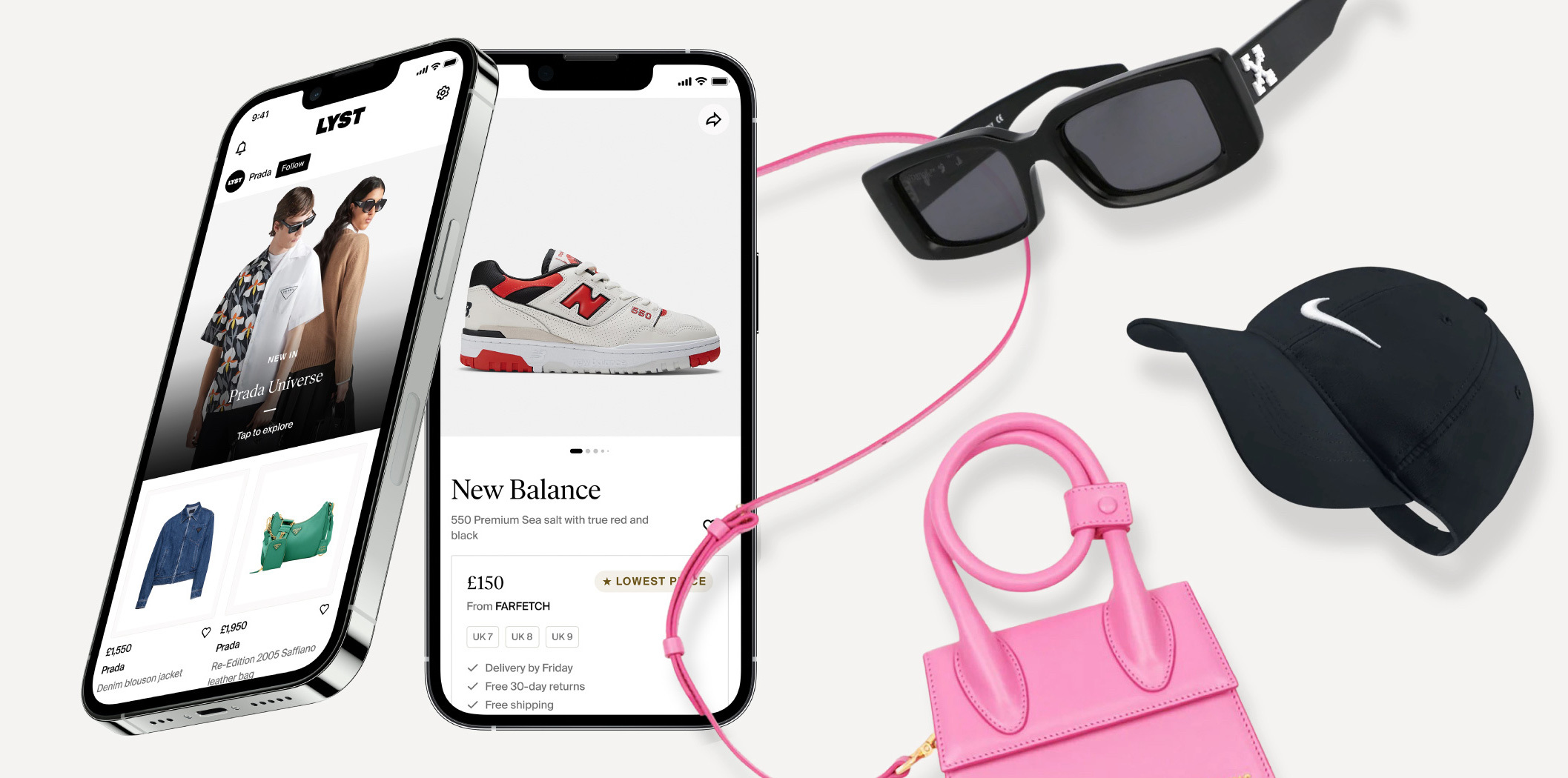Emerging Trends in Luxury E-Commerce and Customer Shopping Habits
Luxury e-commerce is undergoing a significant transformation, with platforms like Farfetch and Matches facing challenges in keeping up with market demands. Farfetch reported a revenue decline of 1.3% year-over-year, while Matches struggled with profitability issues. Lucie Greene of Light Years consultancy highlighted the changing landscape of luxury shopping, with mega brands focusing on enhancing their e-commerce and retail experiences.
Customers are now treating shopping as a research activity, seeking out the best prices before making a purchase. Brands like Lyst are using AI-driven personalization to improve customer engagement and satisfaction. However, the online luxury market is facing challenges due to increased customer acquisition costs and pricing pressures.
In response to these challenges, companies like Laws of Motion are leveraging AI sizing technology to improve customer experiences and reduce return rates. Executive shifts are also taking place, with Sidney Toledano returning to LVMH after four months and Tory Burch LLC making new executive appointments.
The F1 Miami Grand Prix has become a fashion event, with brands like Tommy Hilfiger and Puma making appearances. The event attracted notable celebrities and fashion influencers, showcasing the growing intersection between sports and fashion. Additionally, Glossy’s coverage highlights beauty brands renewing partnerships with the WNBA and Uniqlo sister brand GU launching in the U.S.
Overall, the luxury e-commerce sector is evolving, with a focus on personalized experiences and innovative business models. As the market continues to change, brands and retailers that prioritize customer service and unique shopping experiences are setting new standards for the industry.

:max_bytes(150000):strip_icc()/hbo-photo-6-2000-ad94e2cb12424b8caac49502aec88526.jpg)